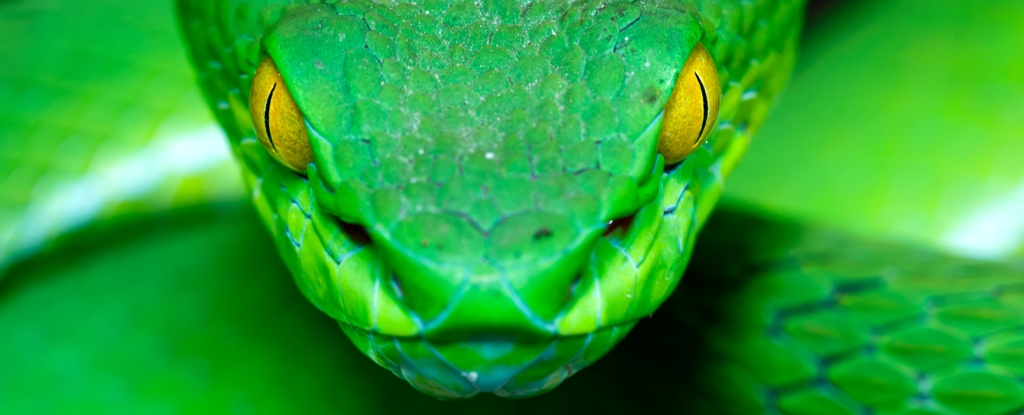ARTICLE AD
In mid-March, a mysterious disease began to spread among cows at a north Texas dairy farm. Just a few days later, cats on the farm started acting strange.
Their eyes and noses leaked copiously, they walked incessantly in circles, their bodies grew stiff, and they lost their sight and coordination. Then, they began to die.
According to officials at the US Centers for Disease Control and Prevention (CDC), a dozen of the domestic felines on this one farm were the casualties of a highly contagious strain of bird flu. They seem to have contracted the virus from drinking raw, unpasteurized milk from cows on the property.
The cats are merely the latest victims in a continued outbreak of bird flu, which first entered the US in late 2021, and has since jumped from birds to mammals, such as foxes, raccoons, possums, skunks, seals, leopards, bears, mountain lions, and bobcats.
On March 25, the US Department of Agriculture reported the first confirmed case of bird flu ever identified among cows.
Several dairy farms in Kansas and Texas were affected, and later, their cows carried the virus to Michigan, Idaho, and Ohio when they were transported interstate.
Despite one farm worker falling ill from the virus through contact with the cows, so far this outcome is extremely rare. Little more than a handful of cases of this bird flu strain have infected humans worldwide and only one of these cases is likely to have involved mammal to human transmission, not bird to human transmission.
Officials have assured the public that drinking pasteurized dairy milk will not expose them to the virus. The Food and Drug Agency is carrying out extensive milk product tests, and it has detected no signs of the virus as of yet.
Unfortunately, the dozen or so domestic cats that died on the dairy farm in north Texas contracted the virus before farmers knew what pathogen they were dealing with. Unknowingly, they fed their cats contaminated milk.
Cows in the US that are sick with bird flu are producing thick and syrupy milk, but perhaps this symptom isn't as apparent in the early days of illness.
The first cat to show signs of sickness on the north Texas dairy farm was recorded a mere day after the first cow fell ill.
On March 21, samples of cow milk from the affected dairy farms and two deceased cats from these farms were donated to a diagnostic lab at the Iowa State University (ISU). The cats tested positive for the influenza A virus (IAV).
Cases of bird flu among cats are globally well-documented. Our feline pets are especially susceptible to the virus when in contact with sick birds, but the transfer from cows has never been previously reported.
Researchers at ISU say the cow and cat samples they analyzed contained signs of IAV with "a notable degree of similarity", which suggests a "shared origin" for the strain.
"Although exposure to and consumption of dead wild birds cannot be completely ruled out for the cats described in this report, the known consumption of unpasteurized milk and colostrum from infected cows and the high amount of virus nucleic acid within the milk make milk and colostrum consumption a likely route of exposure," write the team of researchers, led by pathologist Eric Burrough.
The findings suggest bird flu can jump from mammal to mammal, which may make the contagion harder to control. Even among cows, experts still aren't sure how the virus is transmitted.
As the public waits for more answers, one thing is clear: pasteurized milk is the safest option of all. For both humans and cats.

 8 months ago
51
8 months ago
51 

